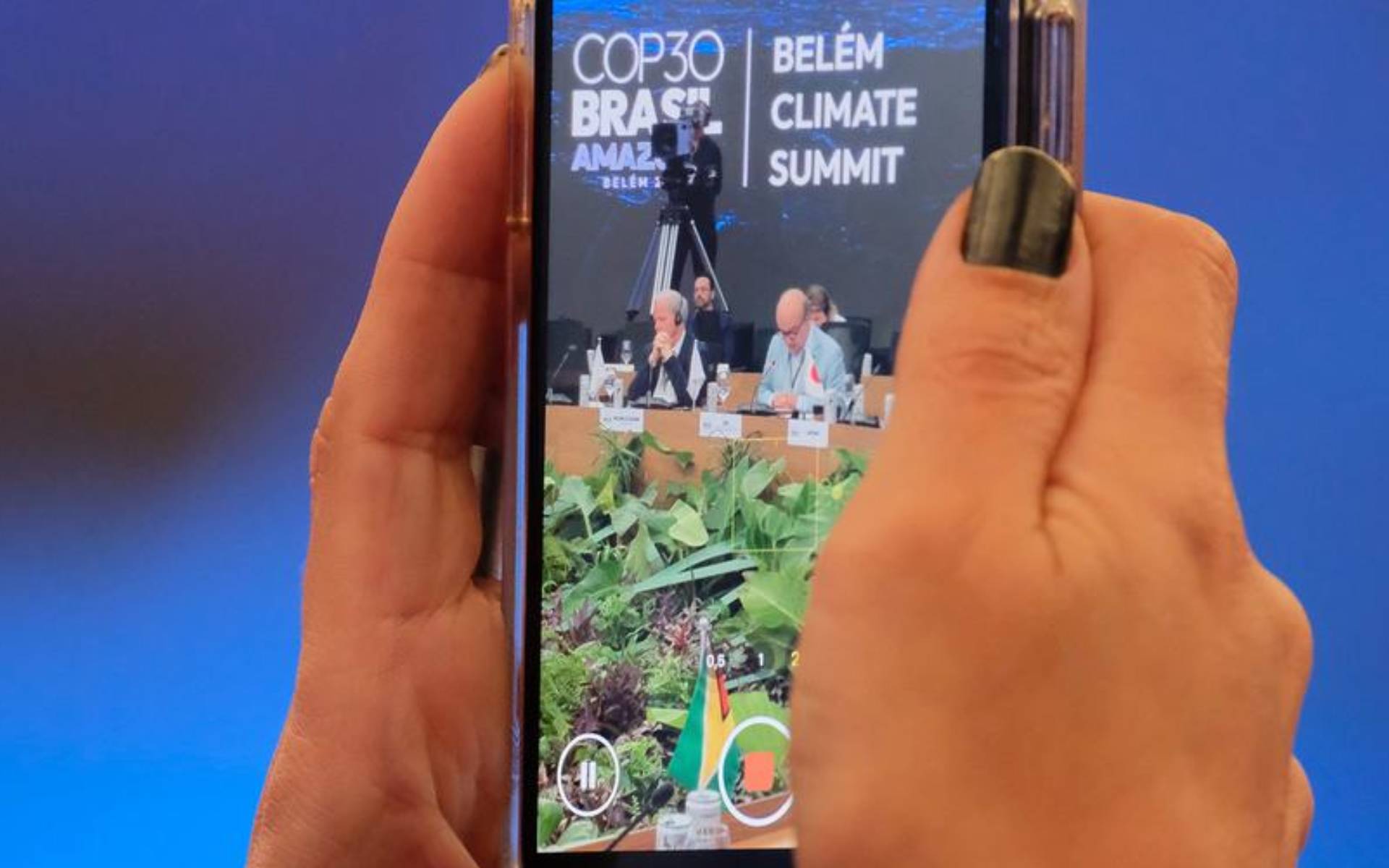
Kathmandu: World leaders, negotiators, and climate advocates are gathering in Belém, Brazil, for the 30th UN Climate Change Conference (COP30), which officially opens on Monday, November 10. The summit takes place at the edge of the Amazon rainforest, a crucial carbon sink and a frontline in the fight against deforestation and global warming.
After decades of promises and limited progress, COP30 is being viewed as a decisive moment to shift from words to action. The conference will focus on reviewing national climate plans, mobilizing $1.3 trillion annually in climate finance, strengthening adaptation measures, and advancing a “just transition” toward greener economies.
Speaking ahead of the opening, UN Secretary-General António Guterres underscored the urgency of implementation, saying, “It’s no longer time for negotiations. It’s time for implementation, implementation and implementation.”
Under Brazil’s presidency, COP30 will introduce an action agenda of 30 key goals, guided by mutirão, an Indigenous term meaning “collective task.” The initiative aims to elevate Indigenous leadership and inclusive climate solutions across all sectors.
A key focus will be the Baku-to-Belém Roadmap Report, outlining strategies to mobilize $1.3 trillion in annual climate investments and reform global financial mechanisms to support developing countries in their climate efforts.
Delegates will also review the latest Nationally Determined Contributions (NDCs). Experts warn that to stay below the 1.5°C warming limit, global emissions must fall by 60% by 2030, yet current pledges achieve only a fraction of that.
COP30 will further spotlight adaptation and resilience, with countries expected to approve 100 global indicators to track progress. The UN Environment Programme (UNEP) cautions that adaptation finance must rise twelvefold by 2035 to meet the growing needs of vulnerable nations.
Running from November 10 to 21, COP30 is being hailed as a pivotal opportunity for countries to move from pledges to progress, uniting governments, businesses, and communities to deliver meaningful climate action for the planet’s future.